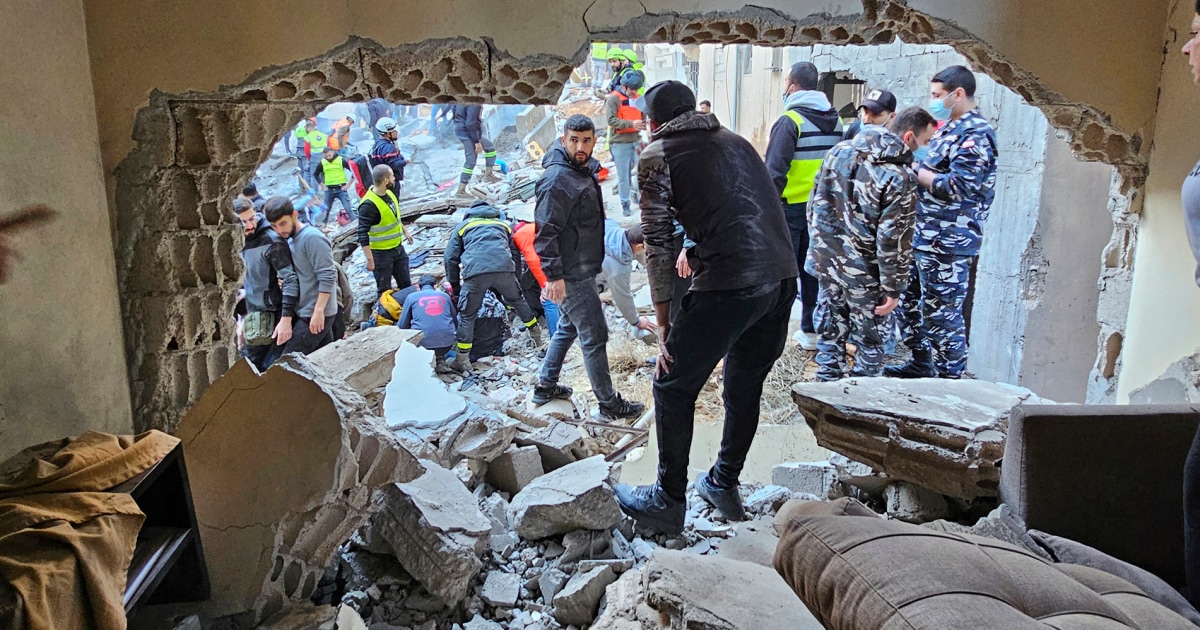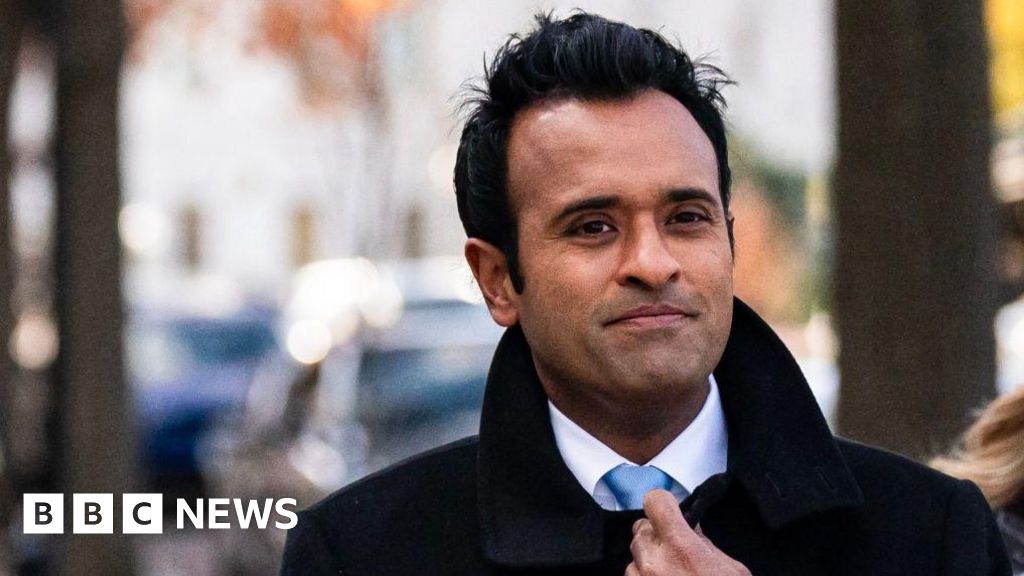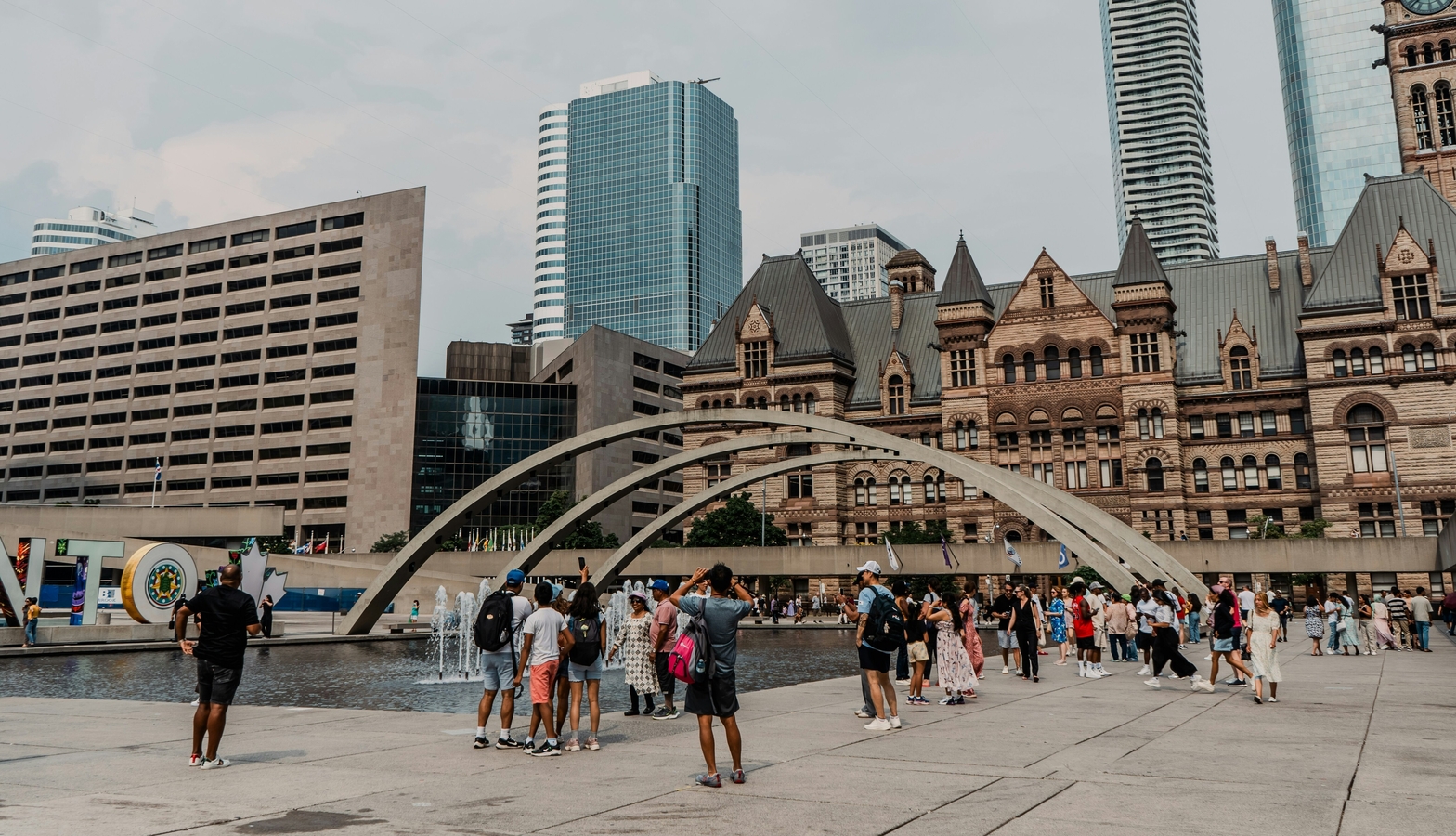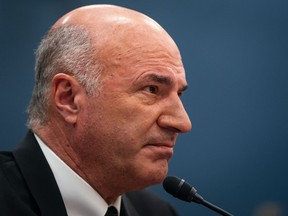World
President Biden announces Israel-Hezbollah ceasefire deal

President Joe Biden announced Tuesday that Israel and Hezbollah had agreed to a United States-brokered ceasefire in Lebanon.
In addition to widening the risk of a regional war, the escalated tensions and back-and-forth strikes over the last year killed dozens of people in Israel, hundreds in Lebanon and displaced tens of thousands on both sides of the border.
Under the deal, which is set to go into effect Wednesday at 4 a.m. local time, the fighting at the Israel-Lebanese border will end, Biden said in outlining the ceasefire, which he said was “designed to be a permanent cessation of hostilities.”
Biden said the U.S., and partners including France, “will make sure this deal is implemented fully.”
“Let me be clear, if Hezbollah or anyone else breaks the deal, and poses a direct threat to Israel, then Israel retains the right to self-defense consistent with international law,” the president said from the White House.
He stressed that the agreement is in Lebanon’s best interest and supports its sovereignty, adding that its people, like the people of Gaza, deserve an end to the violence and displacement.
“The people of Gaza have been through hell. Their world is absolutely shattered,” Biden said, adding that Hamas’ only way out of the war with Israel is to release the hostages.
He said that the agreement between Israel and the Iran-backed militia Hezbollah “reminds us that peace is possible.”
“Say that again: Peace is possible,” the president said. “As long as that is the case, I will not for a single moment stop working to achieve it.”
Shortly after the president’s announcement, Israeli Prime Minister Benjamin Netanyahu said in a statement that his Cabinet had approved the U.S.-brokered deal, 10 ministers to one.
“Israel appreciates the U.S. contribution to the process, and reserves its right to act against any threat to its security,” Netanyahu said.
A senior U.S. administration official said that when the deal goes into effect, all fire will stop from all parties and that Israel’s phased withdrawal will begin.
Israeli troops in Lebanon will hold their positions and a 60-day period will start in which the Lebanese military and security forces will begin their deployment toward the south, the official said, adding that the process will not happen overnight or in several days.
“Where as the Lebanese military deploys and reaches the south, the Israeli military will withdraw,” the official said, adding that that in 50 to 60 days, all Israeli troops will be gone.
Earlier Tuesday, Netanyahu said he had recommended that his Cabinet agree to the deal with Hezbollah, which began trading fire with Israel a day after Hamas’ Oct. 7, 2023, terrorist attack, in which about 1,200 people were killed and around 250 taken hostage, according to Israeli officials.
Israel’s military offensive in the Gaza Strip since then has killed more than 41,000 people, according to health officials in the enclave.
Hezbollah says it is supporting the Palestinian resistance; Israel sees it as another attempt by Tehran to attack the Jewish state.
Israel also killed several of Hezbollah’s most powerful leaders, including Hassan Nasrallah, under whose stewardship the group became the most powerful Iran-backed paramilitary group in the Middle East.
Netanyahu and other Israeli leaders had promised not to stop their attacks on Hezbollah until the 60,000 residents of northern Israel who have been driven from their homes can return safely. Around 90 Israeli soldiers and 50 Israeli civilians have been killed since Oct. 7, 2023.
More than 3,820 people have been killed in Lebanon by Israeli bombing since the fighting started, according to Lebanon’s health ministry, a campaign that has displaced some 1.2 million people and unleashed a humanitarian crisis.
A World Bank report estimated the cost of physical damage and economic losses due to the conflict in Lebanon at $8.5 billion.
In this multifront war in the Middle East, the Lebanon conflict has become a key focus for Israel in recent months. That’s partly down to Hezbollah’s mighty missile arsenal, bigger than any other non-state group in the world and thought to be capable of overwhelming Israel’s missile defense.
Biden said that with the time he has left in office, he remains committed to working toward his vision for “an integrated, secure and prosperous region, all of which, all of which strengthens America’s natural security.”
He said that he was hoping and praying for cease-fire between Israel and Hamas and to create “a future where Palestinians have a state of their own, one that fulfills these peoples’ legitimate aspirations; one that cannot threaten Israel or harbor terrorist groups with backing from Iran. A future where Israelis and Palestinians enjoy equal measures of security, prosperity, and, yes, dignity.”








